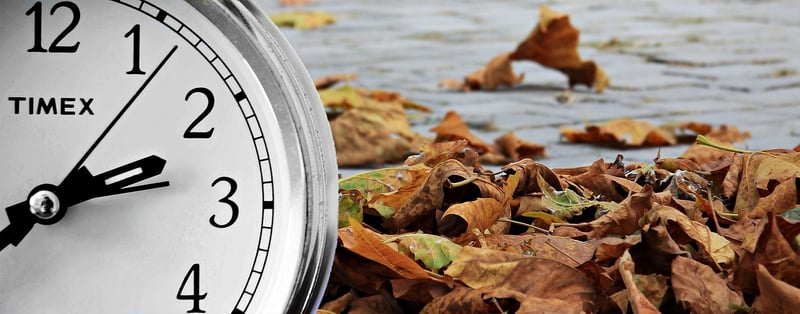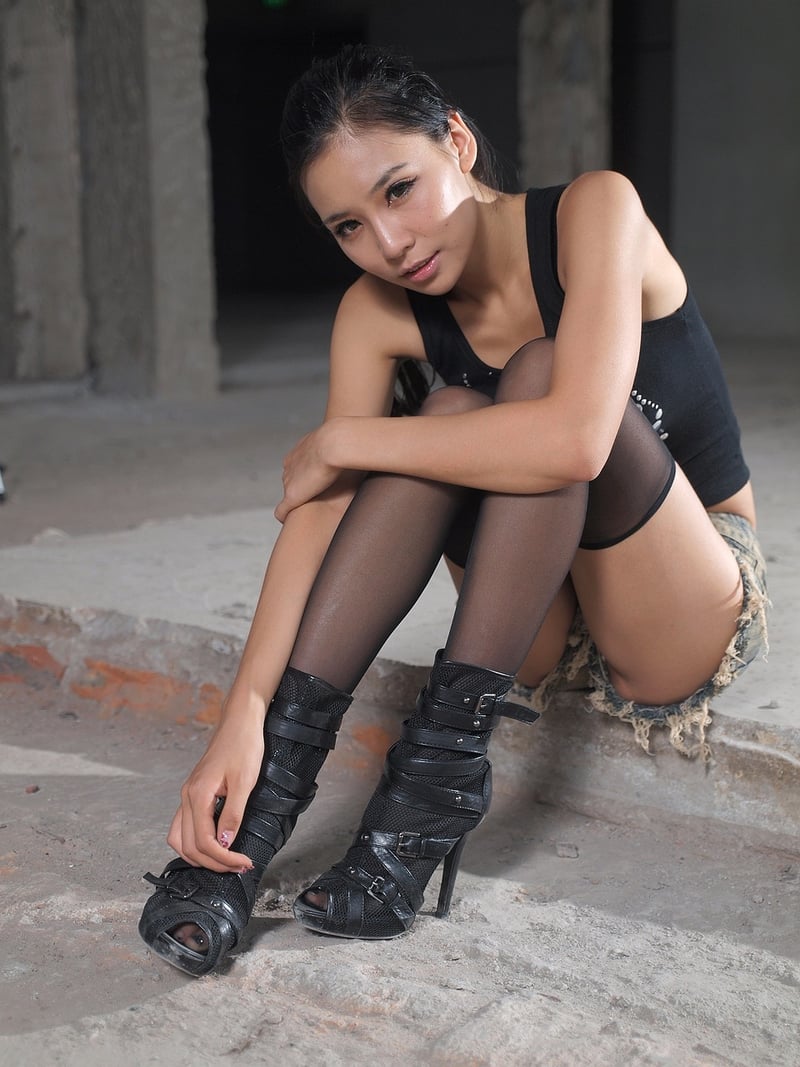Past Modifications
Exploring the Concept of Changing Historical Events
History is often perceived as a fixed record of past events that have shaped the course of the world. However, the notion of changing historical events has intrigued many, raising questions about the possibility of altering the past and its potential consequences.
Theoretical Perspectives
Several theories and works of fiction have delved into the idea of modifying historical events. Concepts like time travel, parallel universes, and alternate timelines have been explored in literature, movies, and scientific discussions.
Implications and Dilemmas
Contemplating the alteration of historical events brings forth ethical dilemmas and philosophical inquiries. Would changing the past lead to a better future, or would it create unforeseen repercussions? The butterfly effect, where small changes can have significant impacts, adds complexity to this thought experiment.
Popular Culture and Media
Popular culture has embraced the theme of changing historical events in various forms. Movies like "Back to the Future," TV shows like "Doctor Who," and books like "The Man in the High Castle" have captivated audiences with their portrayals of altered timelines and their effects on society.
Scientific Perspectives
While time travel remains a theoretical concept in physics, researchers have debated the plausibility of changing historical events. Discussions on quantum mechanics, causality, and the nature of time have added depth to these scientific deliberations.
Conclusion
The idea of changing historical events serves as a thought-provoking exercise that challenges our understanding of causality, time, and the fabric of reality. Whether through fiction, philosophical debates, or scientific inquiries, exploring this concept offers a fascinating journey into the realms of what-ifs and alternate possibilities.

For further exploration of this intriguing topic, delve into the realms of fiction, philosophy, and science to unravel the mysteries of changing historical events.
